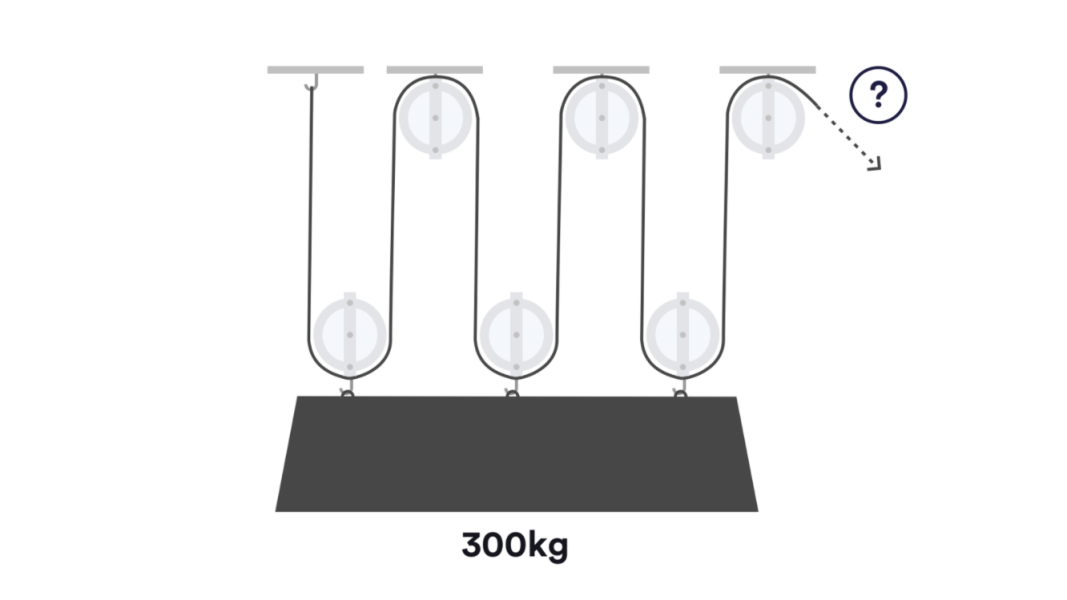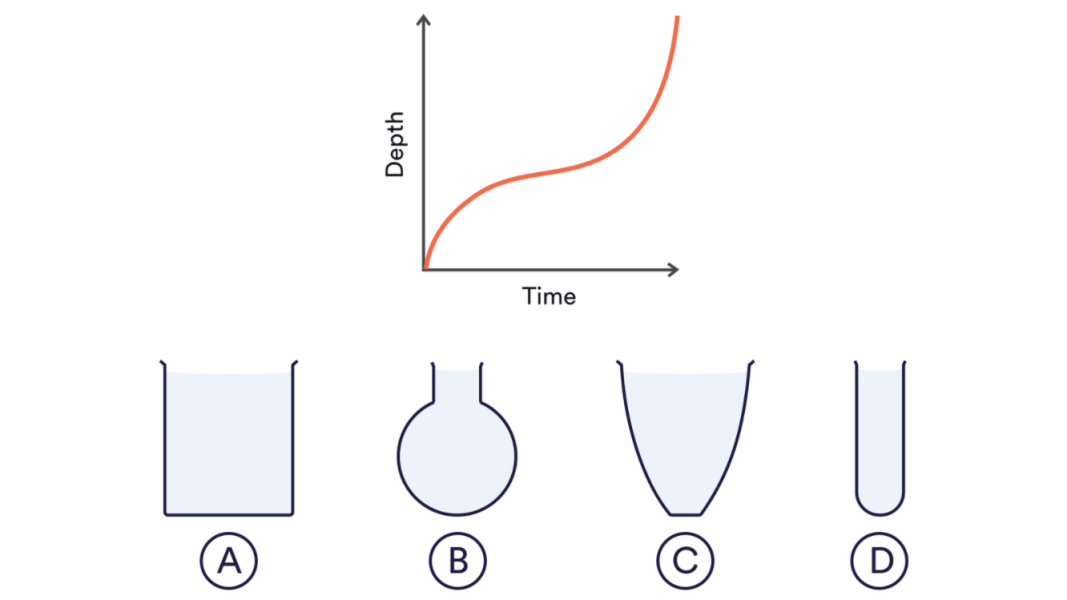What is a Bennett Mechanical Comprehension Test?
The Bennett Mechanical Comprehension Test (BMCT) demonstrates your ability to understand mechanical concepts and apply them to solve problems. It is a multiple-choice test that uses images and diagrams based on four main areas: mechanical comprehension, spatial visualisation, knowledge of basic mechanical and physical laws, and deduction of how things work.
When used as a recruitment tool, the BMCT is a proven predictor of performance for industries that rely on technical aptitude. It is a straightforward yet effective way to screen candidates for roles that need some innate mechanical ability.
There are two forms of the test: the BMCT-I was a paper-and-pen version that has been largely superseded by the BMCT-II, which is taken online.
Some companies use the BMCT as a training tool, highlighting any areas that might need more work to improve overall performance. It’s also a good risk management tool; those who score lowest on the test may not be a good fit for a role that needs strict risk management.
The Bennett Mechanical Comprehension Test (BMCT) was first published in 1940 by the Psychological Corporation (now known as Pearson Education).
Which professions use the BMCT and why?
The Bennett Mechanical Comprehension Test is a good indicator of whether an applicant is suitable for a role where mechanical and technical ability is needed. As such, it is used as part of the application and retention processes at a number of multinational companies and in several different industries.
This list of professions that use the BMCT is not exhaustive, although they can be categorised as those with more physical work:
- Emergency services, especially the fire service
- Skilled trades like gas, electric and water service, repair and installation
- Machine operation, either in a factory or heavy plant machinery
- Airlines – mechanics and engineers
- Manufacturing operators
- Automobile mechanics
The Bennett Mechanical Comprehension Test is sometimes used alongside other types of aptitude tests when assessing for managerial or multi-functional roles.
The Bennett Mechanical Comprehension Test typically consists of 55 questions that need to be completed in 25 minutes. The questions themselves are straightforward, so the short time frame should be achievable.
At the beginning of the test you will have two practice questions that are untimed, so you can get comfortable with the layout, language, and the way you need to answer.
Each question is presented as a graphic with a question. The answers are multiple choice.
The topics of the questions are as follows:
- Pulleys and levers
- Hydraulics
- Resolution of forces, centrifugal force and inertia
- Structures, planes and slopes
- Gears and belt drives
- Miscellaneous
- Gravity and velocity
- Acoustics and optics
- Centre of gravity
- Electricity
- Heat
- Shape and volume
The topics at the beginning of the list have more questions within them, and approximately 68% of the questions in a typical BMCT-II test are about force and movement, velocity, and fluid mechanics.
The pass rate for the BMCT varies depending on the organization administering the test. Your responses are compiled, and a percentile ranking is assigned to indicate where your score falls relative to a normative group.
This percentile ranking helps the test-giver or potential employer assess your suitability for their organization. For instance, if you are applying for a position as an engineer at an airline, the pass rate may be higher compared to applying for a role as an operative in a manufacturing facility.
How BMCTs are scored and what it means
When you have completed a BMCT, the organisation you are testing for will receive a score report from Pearson; this includes your raw score and a percentile ranking.
As mentioned above, the percentile rating is used to compare your results against a normative group. There are some generalisations that can be made about the scores in each percentile range:
0–19 : For almost all applications, this would not be a pass. Although you might demonstrate some understanding of mechanical reasoning, you would need very close supervision and extra training.
20–39 : This percentile range might make you a candidate if you also scored highly on other parts of the application, as you have demonstrated a basic ability to use mechanical reasoning to solve problems.
40–59 : This is likely to be considered a hiring range for many roles. You would learn at a steady pace and demonstrate good aptitude for applying mechanical principles.
60–79 : For more technical roles this would be considered a great score, and hiring managers would be confident of your affinity with mechanical principles.
80+ : At this range, you demonstrate a strong grasp of mechanical principles and excellent spatial awareness. This percentile range is a very good score for even the most technical roles.
How best to prepare for a Bennett Mechanical test
The BMCT is not designed to test your learning. It measures your grasp of mechanical reasoning and the way you can apply knowledge to answer a question. This means that you do not need to ‘study’ to pass this test, but you might want to brush up on some basic physics and mechanics.
The BMCT covers a lot of topics, with at least 3 questions on each subject (sometimes as many as 12). The ‘pulleys and levers’ topic has the most questions on a typical test, so having a good understanding of the mechanics of a lever will help you considerably.
If there are some areas of mechanical reasoning that you feel you need to practice more, then taking some practice tests will not only help you assess your performance, but also highlight the areas you might need to study more.
In the case of the BMCT, practice will help you get familiar with the layout as well as the timings. Remember, for the BMCT-II you need to answer 55 questions in just 25 minutes (around 30 seconds per question).
See here for more information about preparing for a mechanical reasoning test.














